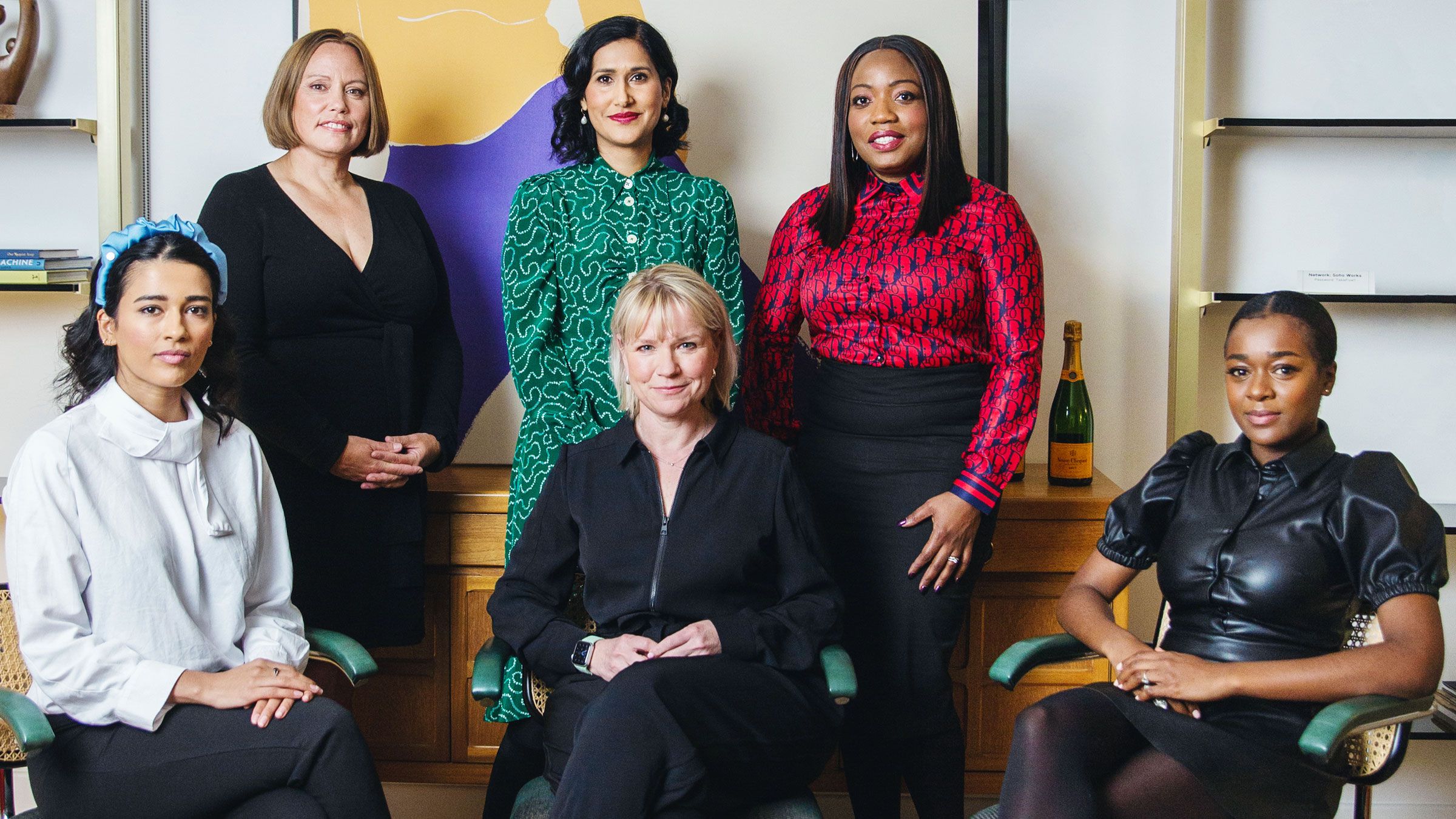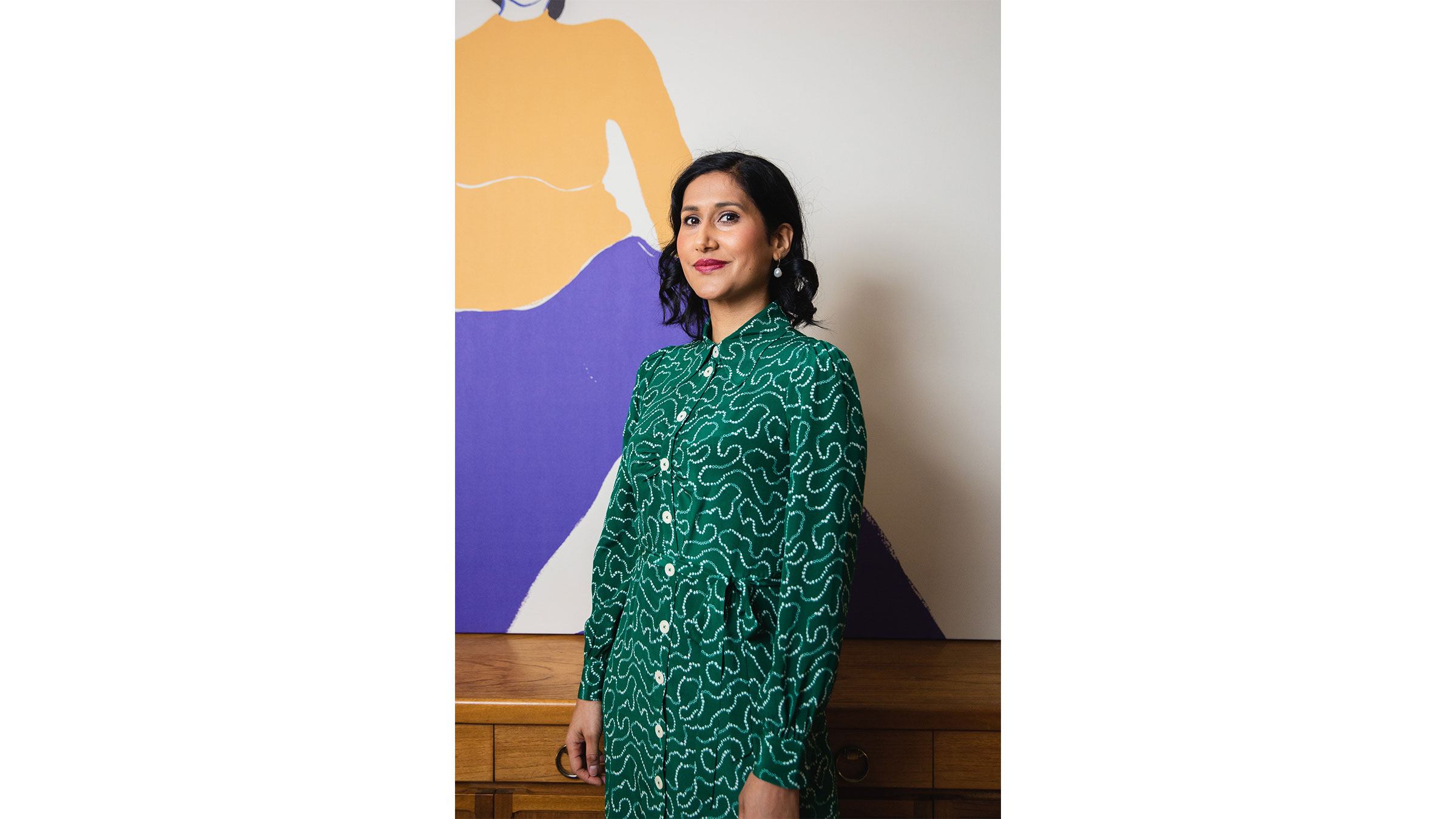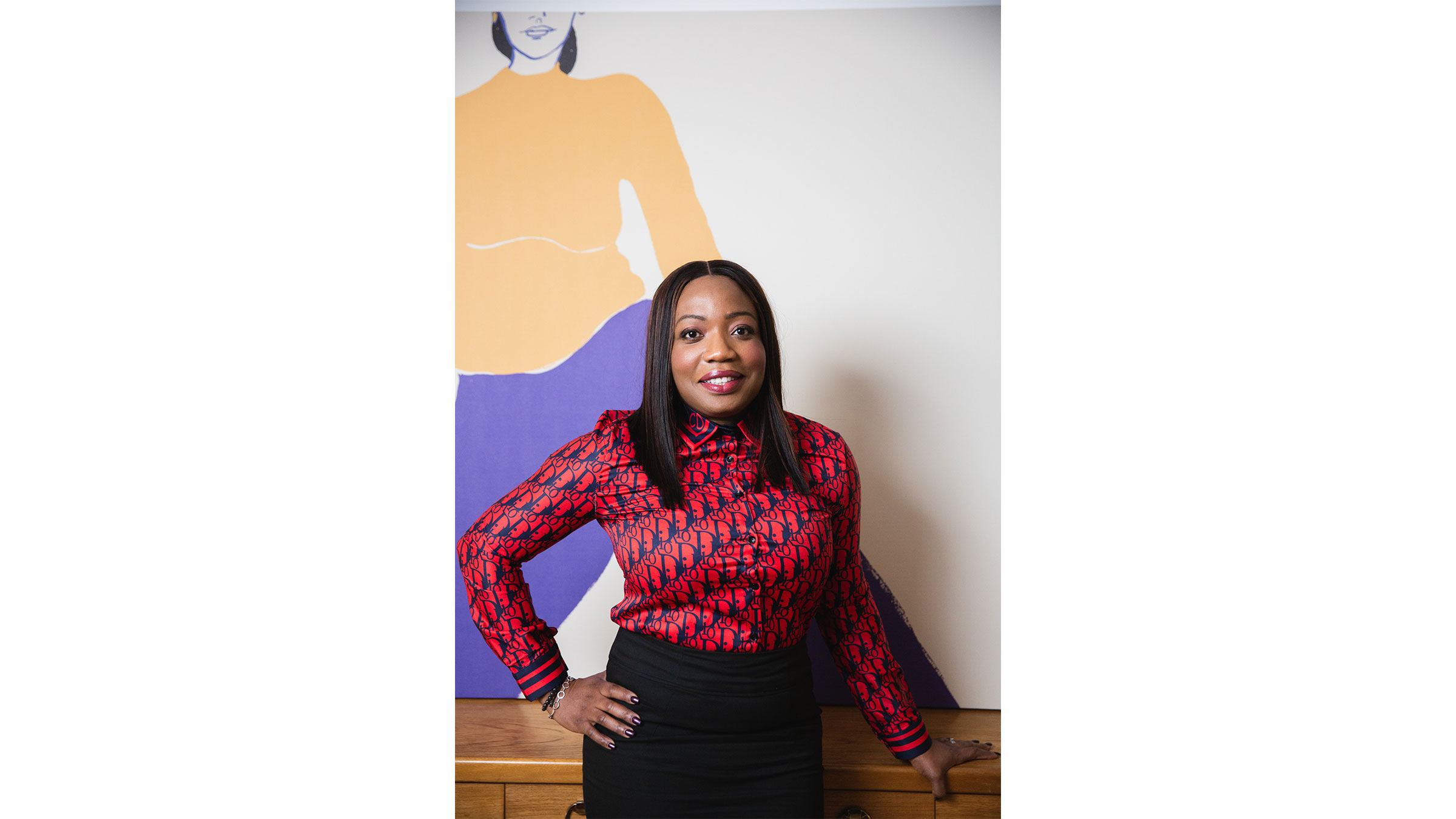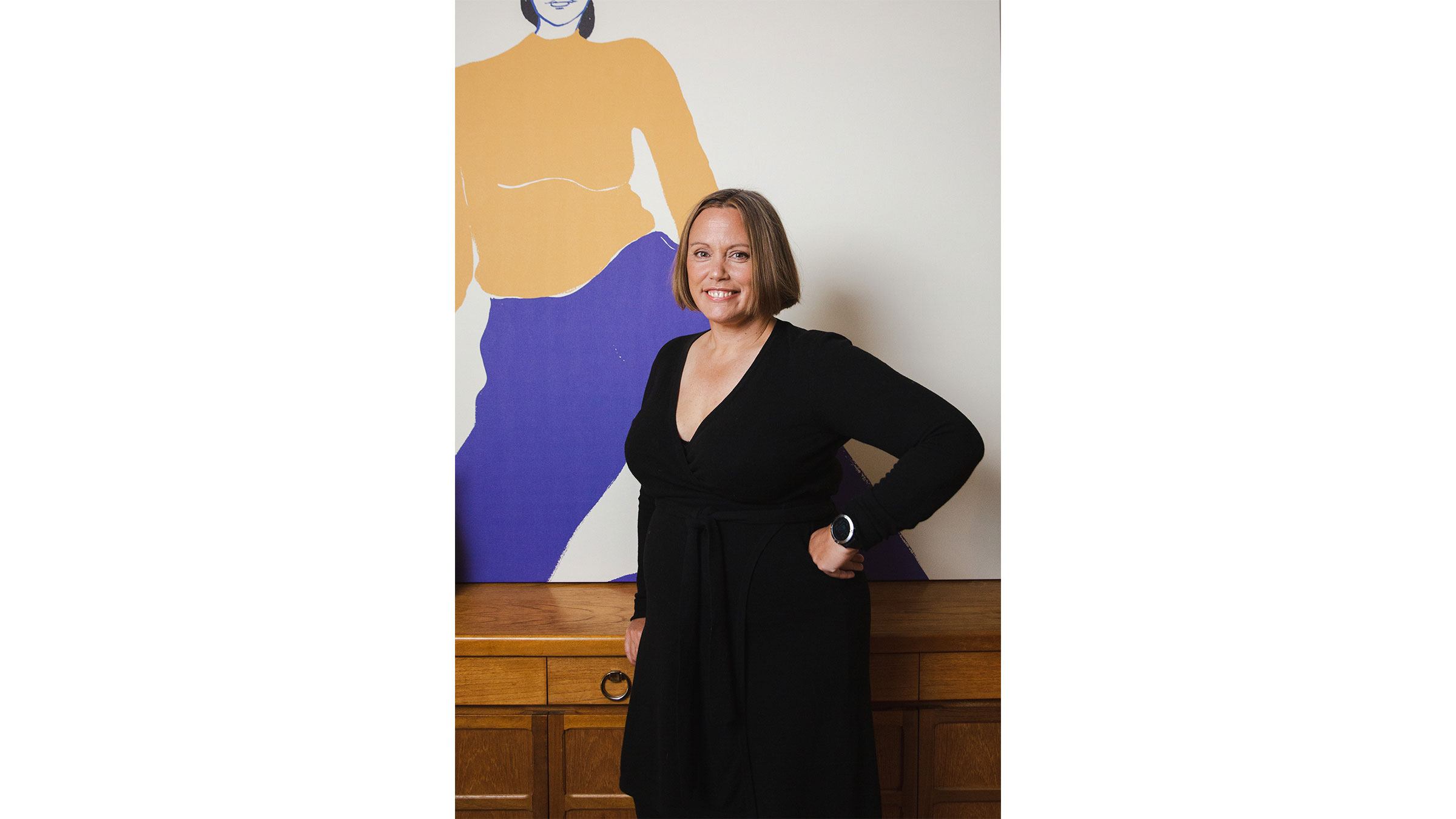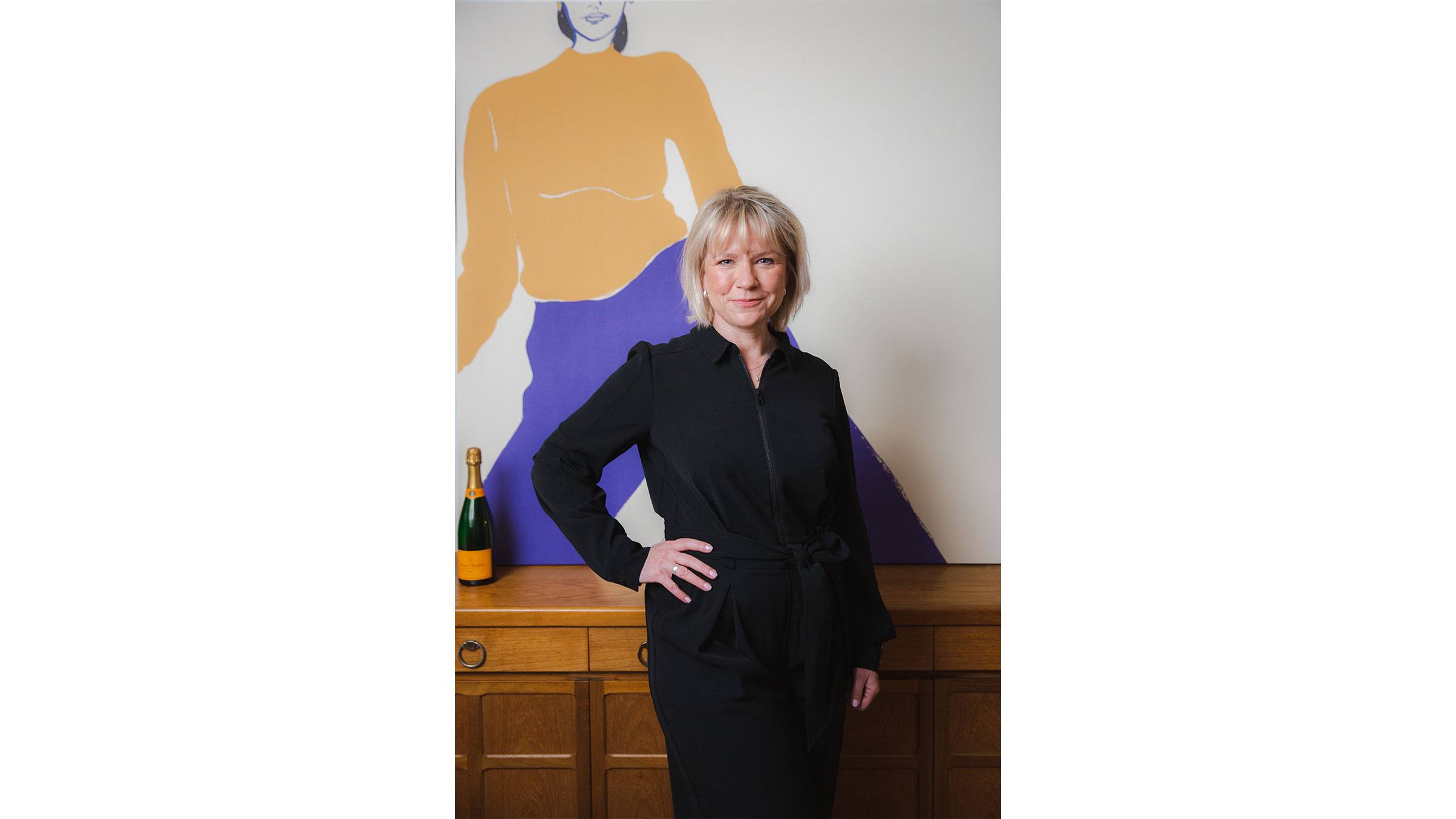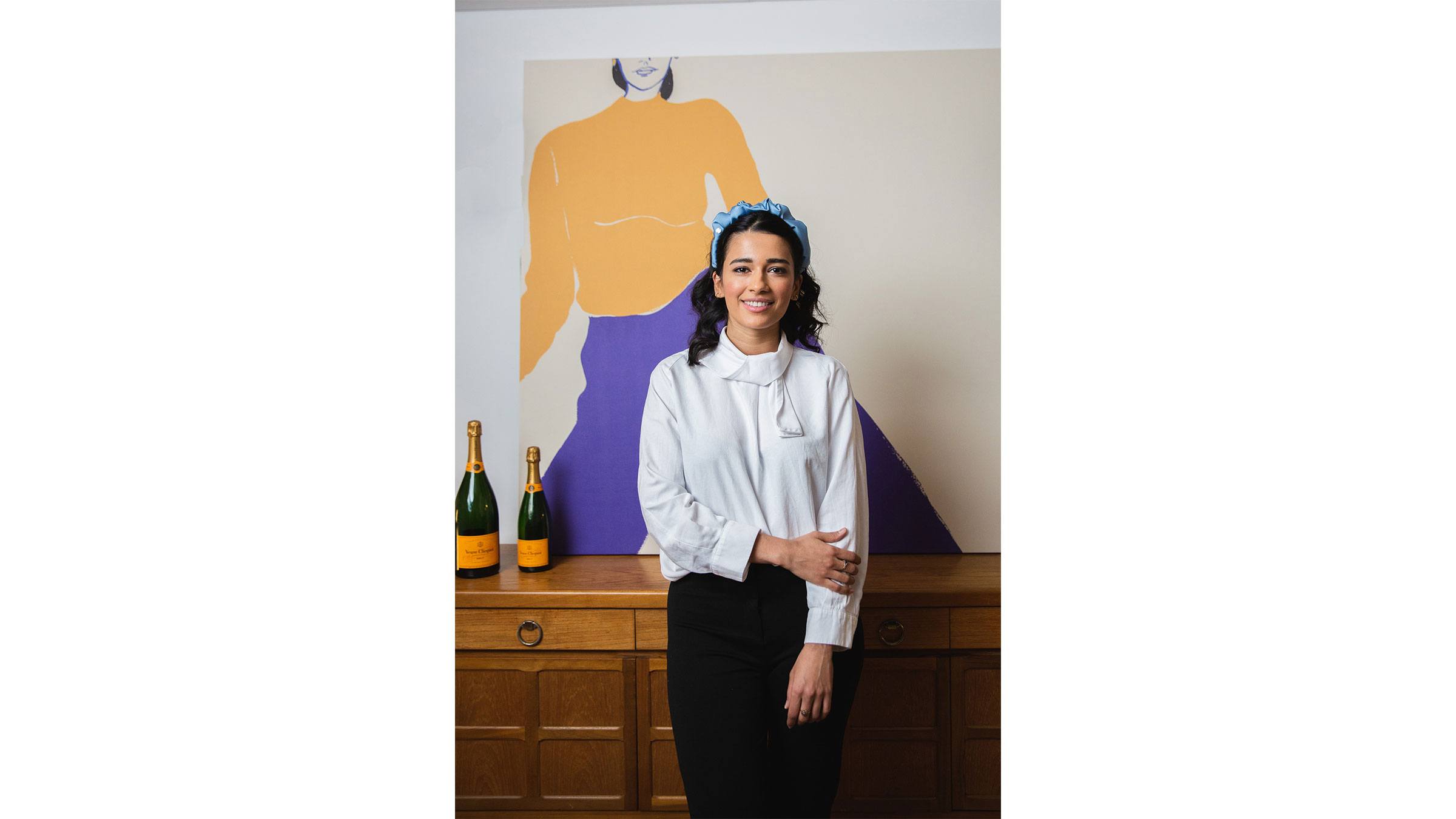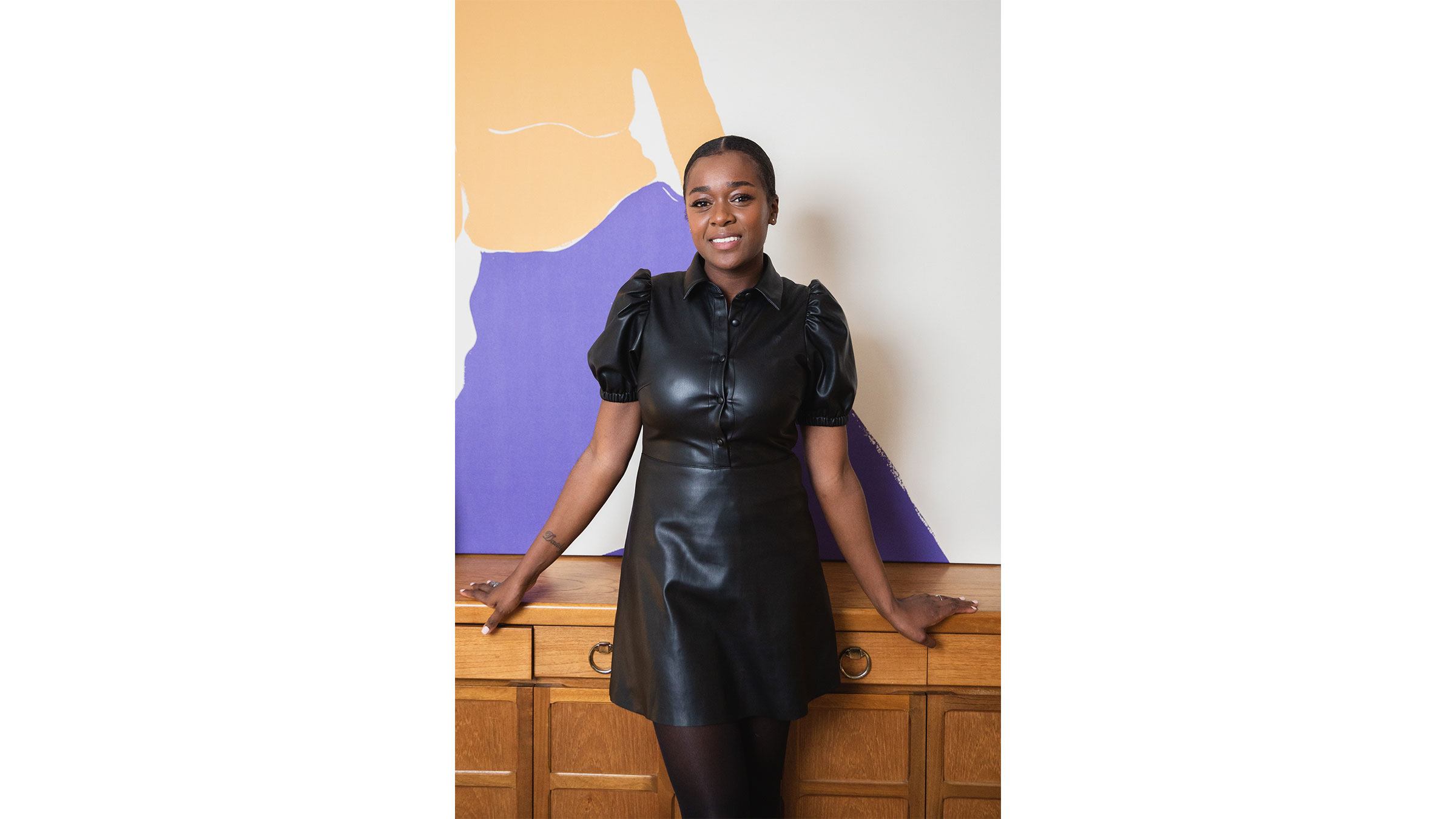In 1808, Barbe-Nicole Clicquot – a widow at just 27 – took over her late husband’s champagne business. In doing so, she became one of the first-ever businesswomen, leading the French house to great success in a world otherwise dominated by men.
Madame Clicquot is recognised as a pioneering entrepreneur who transformed an industry. After changing the brand name to Veuve Clicquot (veuve means widow in French), Barbe-Nicole created the first-known vintage champagne, invented the riddling table process, and formulated the first-ever blended rosé champagne. But beyond her many accomplishments in champagne, Madame Clicquot paved the way for generations of women leaders.
Now, every year, we remember Madame Clicquot’s pioneering spirit at the Bold Woman Awards. In its fiftieth year, the prize has recognized hundreds of women across 27 countries who are pushing boundaries and transforming their field. Regular readers will know that it has been one of the great privileges of my career to sit on the judging panel for the past twelve years, and celebrate game-changing scientists, designers, retailers, engineers, founders and entrepreneurs.
Looking back, the world has changed considerably since my first year as judge. In my time on the panel, the UK has elected its second female prime minister, the US has sworn in its first female vice president, and we’ve seen the proportion on women on boards grow from 12.5% in 2010 to nearly 40% today. Watching the Lionesses’ victory in the Women’s Euros in July, along with seventeen million others, was a particularly joyful reminder of how far we’ve come over the last decade.
But, typically, there’s still a long way to go. In business, we’re nearing a gender balanced boardroom but we mustn’t get complacent. We know from our research across retail, consumer goods, hospitality, travel and leisure, fashion, and beauty that developing a strong pipeline of women leaders remains a real challenge. Women are still woefully underrepresented in fields like tech, science, and engineering. And shockingly, in 2020, only 2.3% of all VC funding went to women-led startups.
I believe that celebrating successful women and showcasing their achievements is one of the most important things we can do to encourage equality. For the last couple of years, the Veuve Clicquot awards have been split up into two categories: the Bold Woman Award, which celebrates female leadership by identifying those with a track record of personal success who have transformed their field of business, and the Bold Future Award, which honours female entrepreneurs, recognising those who have brought a new and innovative offering to the market.
On Tuesday, I’ll be joining my fellow panellists at the Royal Opera House in London to announce the winners. I can’t wait. But for now, let me introduce you to the shortlist of this year’s awards:
Dr Hataayun Sillem CBE
CEO of the Royal Academy of Engineering, Dr Sillem has transformed the Academy’s scope and impact, alongside growing the organisation’s income for 2020/21 to £51.2 million (up from £27m in 2017), all while striving for greater diversity in a profession that is 86% male and making representation and inclusion across the engineering community a priority for the Academy.
Roni Savage
Roni is founder & MD of Jomas Associates, an Engineering & Environmental Company serving the Construction industry since 2009. Jomas was heralded as a high growth company by Goldman Sachs in 2017. The following year, Roni was awarded Black British Business Person of the Year. She has worked on many major construction schemes across the UK and is Policy Chair for Construction for the Federation of Small Businesses (FSB).
Mel Smith CBE
Nominated for her work as CEO of Ocado Retail, Mel has overseen the business’s phenomenal success as it increased revenue by 40% since 2019 – faster growth than any other grocery retailer – and personally led the firm’s strategy to keep the UK fed during the early phases of the pandemic. We featured Mel in our Role Models in Consumer Goods and Grocery Index, where she shared her story, which you can read here.
And the Bold Future Awards:
Victoria Hornby OBE
Victoria is founder and CEO of Mental Health Innovations (Shout). Shout 85258 is the UK’s first free, 24/7 digital messaging service to help those struggling with mental health. The organisation has had over one million conversations since its inception.
Mursal Hedayat MBE
Founder and CEO of Chatterbox, Mursal is on a mission to shake up the labour market by connecting talented yet marginalised people with opportunities in the digital economy. Chatterbox’s first product is an AI-powered, award-winning platform that helps companies improve cross-regional collaboration and cultural intelligence through the power of language learning. It was a pleasure to catch up with Mursal earlier this year, to discuss her inspiration for founding the business.
Lavinya Stennett
Lavinya is founder and CEO of The Black Curriculum, a social enterprise founded in 2019 working to teach and support the teaching of Black history all year round, aiming to empower all students with a sense of identity and belonging.
I interview hundreds of people every year, and I know just how important it is to have role models to emulate. When we as a group of panelists come together every year to do our selection, we conclude what a brilliant group we have put forward. But this year is the year that will be hard to top. What a humbling, awesome, and inspirational group this is.





